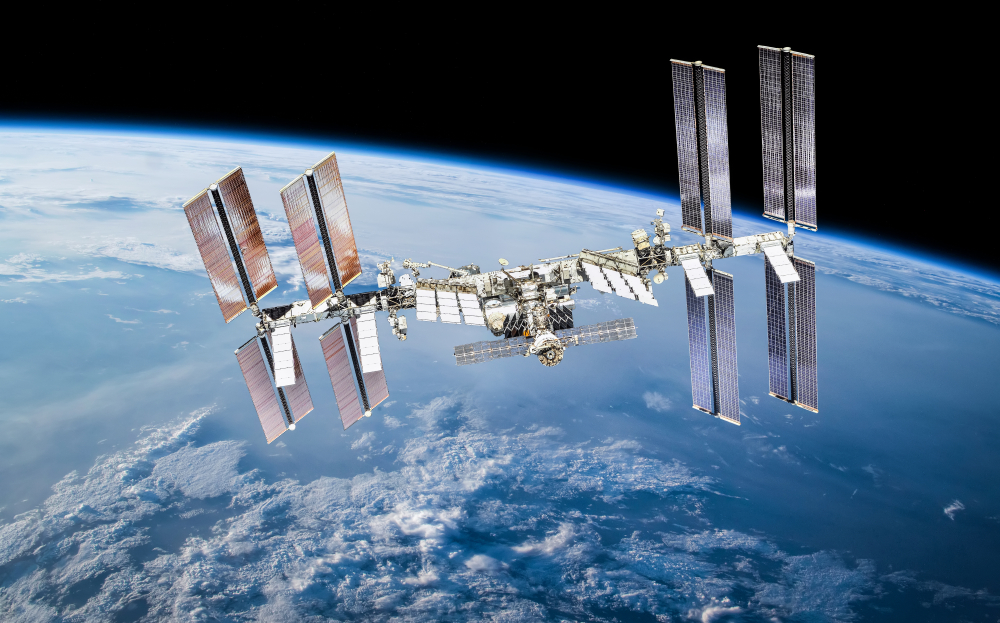Another giant leap in space technology is one small step closer, thanks to Dr. Gilles Bailet and his team at the University of Glasgow. The scientists recently ran a successful test of a 3D printer aboard a zero-gravity aircraft, BBC reports. Using granular materials instead of traditional filaments, the innovation could enable on-demand manufacturing in space, potentially eliminating the need for Earth-based supplies and addressing the issue of space debris.
Dr. Bailet, from the university’s James Watt School of Engineering, considers that this technology could assist in making space exploration more environmentally-aware. “As the cost of sending things into space decreases, we are seeing more and more things sent into space, and this is not sustainable,” he told BBC. This invention’s ability to manufacture items directly in space creates recycling opportunities and supports a potential circular economy in orbit.
The 3D printer was first tested in November as part of the European Space Agency’s 85th parabolic flight campaign, with three flights offering 90 brief periods of weightlessness. Dr. Bailet found the results promising seeing that his design performed perfectly during the zero-gravity tests, known by the charming name of the “vomit-comet.” The next step will be a demonstration of the technology in space itself.
Dr. Bailet and his team are now exploring how to embed electronics during the 3D printing process, which could further enhance the technology’s impact on space exploration. With improved spacecraft components and space-based drug research stations as potential applications, this groundbreaking 3D printing system is set to redefine future space missions, from space travel to manufacturing.





